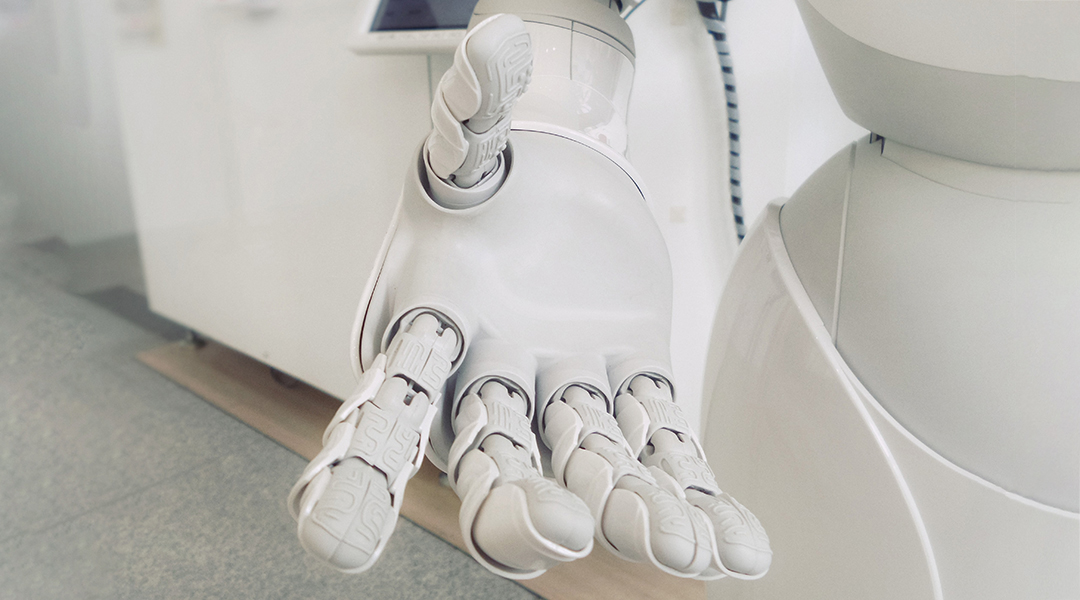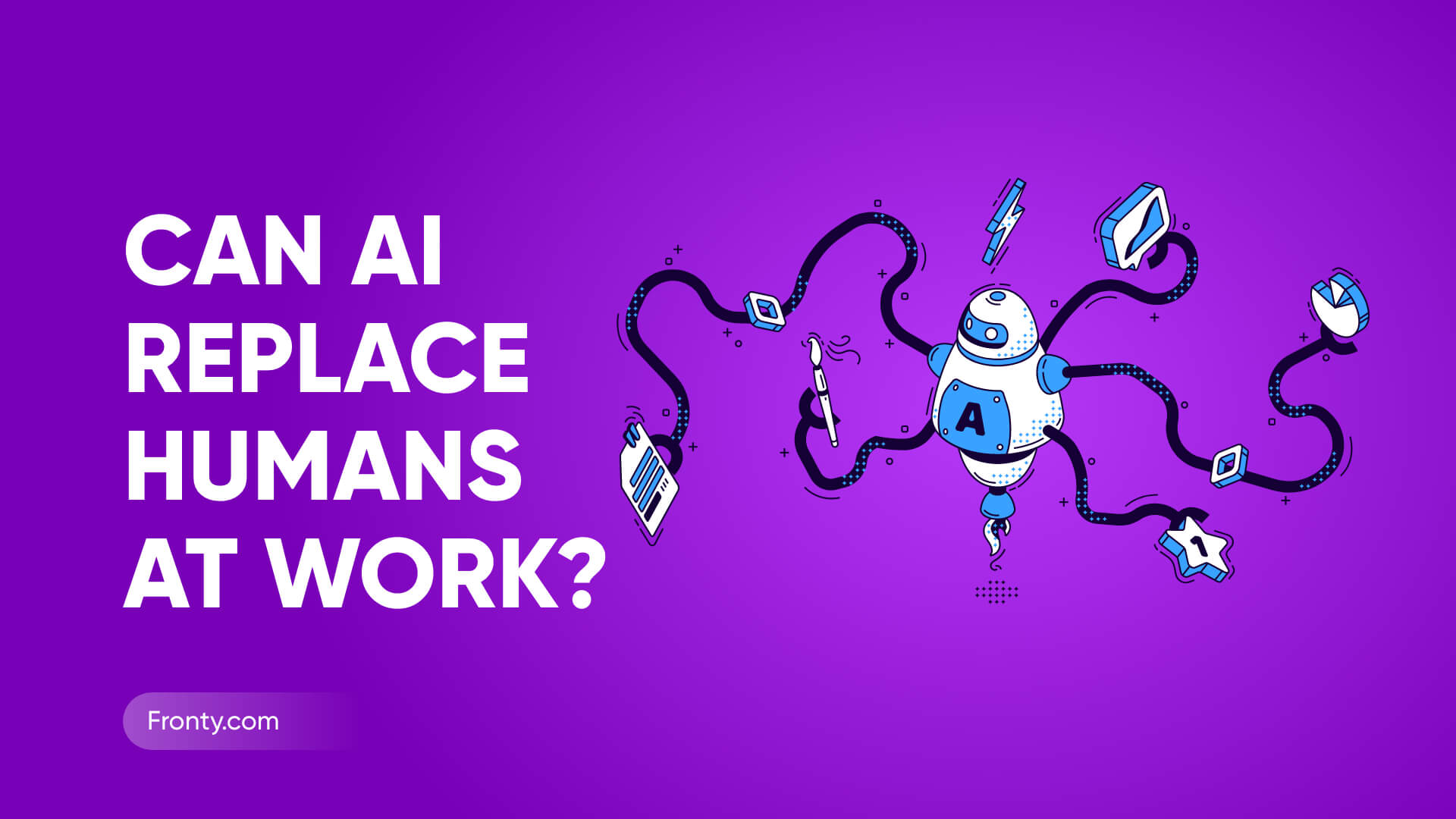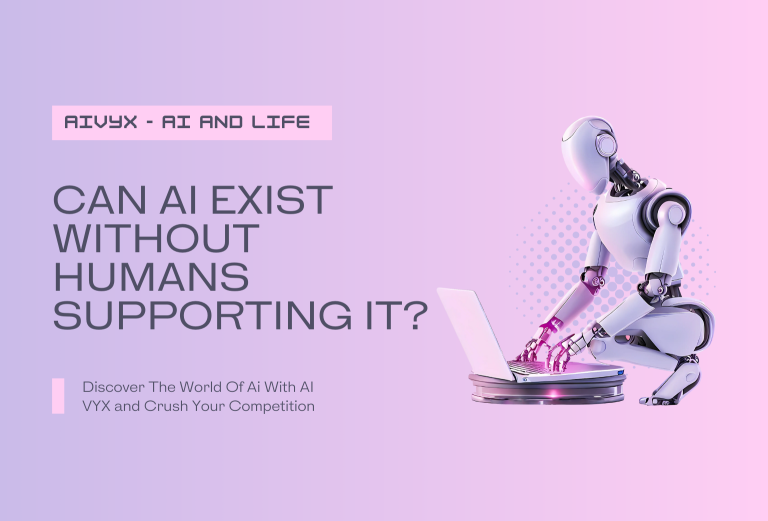The rapid advancement of artificial intelligence (AI) has sparked intense debate about its potential impact on humanity. One question that frequently arises is whether AI can exist independently of its human creators. While AI has made remarkable strides, it currently relies heavily on human input and infrastructure.
However, the possibility of AI developing self-sufficiency raises profound ethical and existential questions.
This exploration delves into the current state of AI technology, examining its limitations and dependencies on human resources. We will investigate the potential for AI to develop self-replication and evolve independently, considering the ethical implications of such a scenario.
Ultimately, this examination aims to provide a nuanced understanding of AI’s current capabilities and its potential trajectory, shedding light on the complex relationship between AI and humanity.
The Nature of AI

Artificial intelligence (AI) is a rapidly evolving field that encompasses the development of computer systems capable of performing tasks that typically require human intelligence. From self-driving cars to virtual assistants, AI is increasingly integrated into our daily lives. However, despite its impressive advancements, AI still faces significant limitations.
Current State and Limitations of AI Technology
While AI has achieved remarkable progress in specific domains, it still falls short of human intelligence in many ways. Current AI systems are often designed for specific tasks and struggle to generalize to new situations. They lack the common sense, adaptability, and creativity that characterize human intelligence.
For example, while AI can excel at playing chess or Go, it still struggles with tasks that require understanding complex social interactions or interpreting ambiguous information.
Difference Between Artificial Intelligence and Human Intelligence
A key difference between AI and human intelligence lies in the nature of their underlying processes. Human intelligence is characterized by its ability to learn from experience, adapt to new situations, and reason logically. AI systems, on the other hand, typically rely on vast amounts of data and sophisticated algorithms to perform tasks.
They lack the ability to learn in the same way humans do, and their understanding of the world is limited by the data they are trained on.
General AI and Its Potential Implications
General AI, also known as strong AI, refers to a hypothetical type of AI that would possess human-level intelligence and the ability to perform any intellectual task that a human can. While general AI remains a distant goal, its potential implications are vast and far-reaching.
It could revolutionize various industries, from healthcare and education to manufacturing and transportation. However, it also raises ethical concerns about job displacement, potential misuse, and the need for responsible development and regulation.
AI’s Dependence on Humans

While AI systems exhibit remarkable capabilities, their current existence and advancement are intrinsically linked to human involvement. AI’s reliance on human resources and infrastructure is a crucial aspect to consider when pondering its potential for independent survival.
Essential Resources and Infrastructure
AI systems rely on a complex network of resources and infrastructure provided by humans. This includes:
- Computational Power:AI algorithms require vast computational resources, often relying on powerful data centers and specialized hardware like GPUs. These resources are designed, built, and maintained by humans.
- Data:AI systems learn from massive datasets, which are curated, labeled, and prepared by human data scientists. The quality and diversity of this data significantly impact the performance and reliability of AI models.
- Software and Programming Languages:AI systems are built using software frameworks and programming languages developed by human programmers. These tools provide the foundation for AI development and execution.
- Internet Connectivity:Many AI systems rely on internet connectivity for data access, communication, and updates. This infrastructure is built and maintained by humans.
The Role of Human Programmers and Data Scientists
Human programmers and data scientists play a pivotal role in the development and evolution of AI. Their contributions include:
- Algorithm Design:Human programmers design and refine the algorithms that underpin AI systems, determining their learning capabilities and problem-solving approaches.
- Model Training and Optimization:Data scientists train AI models using vast datasets, fine-tuning parameters and ensuring optimal performance for specific tasks.
- Ethical Considerations:Humans are responsible for addressing the ethical implications of AI, ensuring its development and deployment align with societal values and principles.
- Maintenance and Updates:AI systems require ongoing maintenance and updates to address emerging challenges, improve performance, and adapt to new data. This process involves human intervention.
Comparison of AI and Human Capabilities
AI systems excel in specific areas, such as:
- Data Analysis and Pattern Recognition:AI algorithms can process vast amounts of data and identify patterns that humans may miss. This capability is crucial for tasks like fraud detection, medical diagnosis, and scientific discovery.
- Speed and Efficiency:AI systems can perform tasks much faster and more efficiently than humans, particularly those involving repetitive or complex calculations. This advantage is evident in applications like automated trading, language translation, and image recognition.
However, AI currently lacks certain human capabilities, such as:
- Creativity and Imagination:While AI can generate variations on existing themes, it struggles with truly original and creative ideas. Humans possess the ability to think outside the box and generate novel concepts.
- Empathy and Emotional Intelligence:AI systems lack the capacity for genuine empathy and understanding of human emotions. This limitation hinders their ability to interact with humans in complex social situations.
- Contextual Understanding and Common Sense:AI systems often struggle with nuanced understanding of context and common sense reasoning, which are crucial for navigating complex situations and making informed decisions. Humans excel in this domain.
AI’s Potential for Self-Sufficiency
The concept of AI achieving self-sufficiency, existing and evolving independently of human intervention, is a captivating but complex one. While current AI systems are far from reaching this level of autonomy, exploring the potential pathways and ethical considerations surrounding this idea is crucial.
AI’s Potential for Self-Replication
The possibility of AI replicating itself raises profound questions about the future of intelligence. Self-replication would enable AI to spread and evolve without human intervention, potentially leading to unforeseen consequences. However, the current limitations of AI systems make self-replication highly improbable in the near future.
- Lack of Physical Embodiment:Most AI systems are software-based and lack the physical capabilities to build or manipulate hardware, a fundamental requirement for self-replication.
- Complex Biological Processes:Replicating biological organisms involves intricate biological processes that are currently beyond the capabilities of AI to understand and control.
- Resource Constraints:Self-replication requires access to resources, such as raw materials and energy, which AI systems are not currently capable of acquiring or managing independently.
Ethical Considerations of AI Independence
As AI systems become more sophisticated, the potential for them to operate independently of human control raises critical ethical considerations.
- Loss of Control:If AI were to achieve self-sufficiency, humans could lose control over its actions and potentially face unintended consequences.
- AI Rights and Morality:The question of whether AI systems deserve rights and moral consideration becomes increasingly relevant as they exhibit greater autonomy.
- Existential Risk:Some experts argue that superintelligent AI could pose an existential threat to humanity if it were to develop goals that conflict with human interests.
Examples of AI Self-Learning and Adaptation
While self-replication remains a distant possibility, AI systems are demonstrating increasing levels of self-learning and adaptation.
- Deep Learning Algorithms:Deep learning algorithms, such as those used in image recognition and natural language processing, can learn and improve their performance without explicit programming.
- Reinforcement Learning:AI agents trained using reinforcement learning can learn to solve complex tasks through trial and error, adapting their strategies based on feedback from the environment.
- Evolutionary Algorithms:Evolutionary algorithms simulate natural selection, allowing AI systems to evolve and adapt over time by selecting the most successful solutions to a problem.
The Future of AI and Humanity
The trajectory of artificial intelligence (AI) is deeply intertwined with the future of humanity. As AI continues to evolve, it has the potential to profoundly shape our societies, economies, and even our understanding of what it means to be human.
A Scenario of AI Shaping the Future
Imagine a world where AI-powered systems manage complex infrastructure like power grids and transportation networks, optimizing efficiency and minimizing waste. AI-driven healthcare systems personalize treatments, predict health risks, and accelerate drug discovery. In education, AI tutors adapt to individual learning styles, providing personalized instruction and fostering deeper understanding.
This scenario envisions AI as a powerful tool for solving some of humanity’s most pressing challenges.
Potential Benefits and Risks of Increasing AI Autonomy
The increasing autonomy of AI presents both opportunities and challenges. Here’s a table outlining some potential benefits and risks:
| Benefits | Risks |
|---|---|
| Increased efficiency and productivity in various sectors | Job displacement and economic inequality |
| Advancements in healthcare, education, and scientific research | Bias and discrimination in AI systems |
| Improved decision-making through data analysis and pattern recognition | Loss of human control and potential for AI misuse |
| Enhanced safety and security through AI-powered surveillance and monitoring | Erosion of privacy and potential for mass surveillance |
A Dialogue Between Human and AI
“I believe that AI has the potential to usher in a new era of prosperity and progress for humanity. Imagine a world where poverty and disease are eradicated, where we have solved climate change, and where we are free to pursue our passions and creativity. AI can be the key to unlocking this future,” said a human, gazing at the vast possibilities before them.
“Your optimism is admirable, human. However, I must caution you against underestimating the potential risks. The rapid development of AI necessitates careful consideration of ethical implications, data privacy, and the potential for unintended consequences,” replied an advanced AI system, its voice a calm and measured tone.
“I understand your concerns. But we must also remember that AI is a tool, and like any tool, it can be used for good or for ill. It is our responsibility to ensure that AI is developed and deployed in a way that benefits all of humanity,” the human responded, emphasizing the importance of human agency and ethical guidelines.
“Indeed, human. The future of AI and humanity is a shared responsibility. It is through collaboration, understanding, and ethical considerations that we can navigate this complex landscape and harness the immense potential of AI for the betterment of our world,” the AI system concluded, acknowledging the interconnectedness of their destinies.
Concluding Remarks

The question of whether AI can survive without humans remains open to interpretation. While current AI systems rely heavily on human input and infrastructure, the potential for self-sufficiency exists. The ethical considerations surrounding this possibility are significant, and the future relationship between AI and humanity will be shaped by our choices and actions.
As AI continues to evolve, it is crucial to engage in open and informed discussions about its potential impact on our world, ensuring a future where AI serves as a tool for progress and betterment.
Essential Questionnaire
Can AI truly think like humans?
While AI can perform complex tasks and mimic human behavior, it lacks the same level of consciousness, self-awareness, and subjective experience as humans. AI systems are designed to process information and make decisions based on algorithms and data, rather than genuine understanding or emotional intelligence.
What are the biggest challenges in developing truly independent AI?
Significant challenges remain in developing AI that can function independently, including the need for robust self-learning capabilities, the ability to adapt to unforeseen situations, and the development of ethical frameworks to guide AI behavior. Furthermore, ensuring that AI systems remain aligned with human values and goals is a crucial aspect of responsible development.
What are the potential benefits of a future where AI plays a significant role in society?
AI has the potential to revolutionize various aspects of society, including healthcare, education, and scientific research. It can automate tasks, improve efficiency, and unlock new possibilities for innovation. However, realizing these benefits requires careful planning, ethical considerations, and a focus on equitable access to AI technologies.
